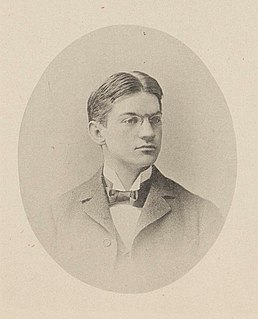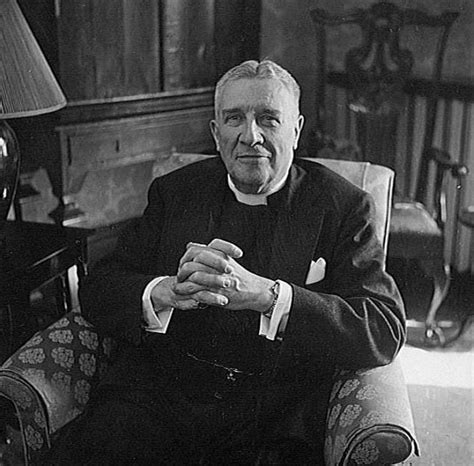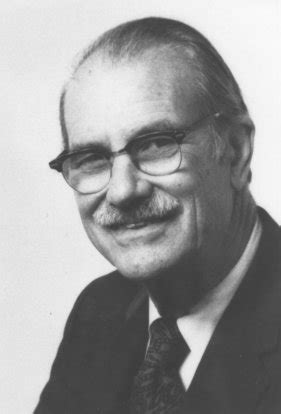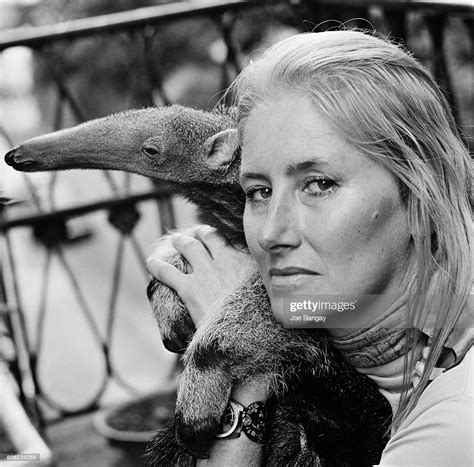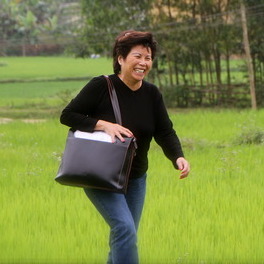A Quote by P. J. O'Rourke
There is that kind of happiness. There is the love and marriage and family kind of happiness, which is exceedingly boring to describe but nonetheless is important to have and dreadful not to have.
Related Quotes
I had always been taught that the pursuit of happiness was my natural (even national) birthright. It is the emotional trademark of my culture to seek happiness. Not just any kind of happiness, either, but profound happiness, even soaring happiness. And what could possibly bring a person more soaring happiness than romantic love.
I did some more soul searching. I asked myself, "What do I want more than happiness?" and there was only one answer - the only thing that trumps happiness is love. Not the kind of love we are normally taught about, but the kind of unconditional love that is a deep inner state which doesn't depend on any person, situation or a romantic partner. That's how I define Love for No Reason: it's an inner state of love.
The belief that happiness has to be deserved has led to centuries of pain, guilt, and deception. So firmly have we clung to this single, illusory belief that we've almost forgotten the real truth about happiness. So busy are we trying to deserve happiness that we no longer have much time for ideas such as: Happiness is natural, happiness is a birthright, happiness is free, happiness is a choice, happiness is within, and happiness is being. The moment you believe that happiness has to be deserved, you must toil forevermore.
Family life is the source of the greatest human happiness. This happiness is the simplest and least costly kind, and it cannot be purchased with money. But it can be increased if we do two things: if we recognize and uphold the essential values of family life and if we get and keep control of the process of social change so as to make it give us what is needed to make family life perform its essential functions.
Please remember one lesson of the 20th century. One cannot force happiness, impose happiness on nations by imposing any kind of utopia on others. The Communist model of society was a kind of imposed utopia for which the Russian people in particular paid a great price. Still, sometimes we see that attempts are being made to impose some other kind of model on the entire world - maybe a Westernized or Americanized model... This is not the way to go because this can only create conflict.




